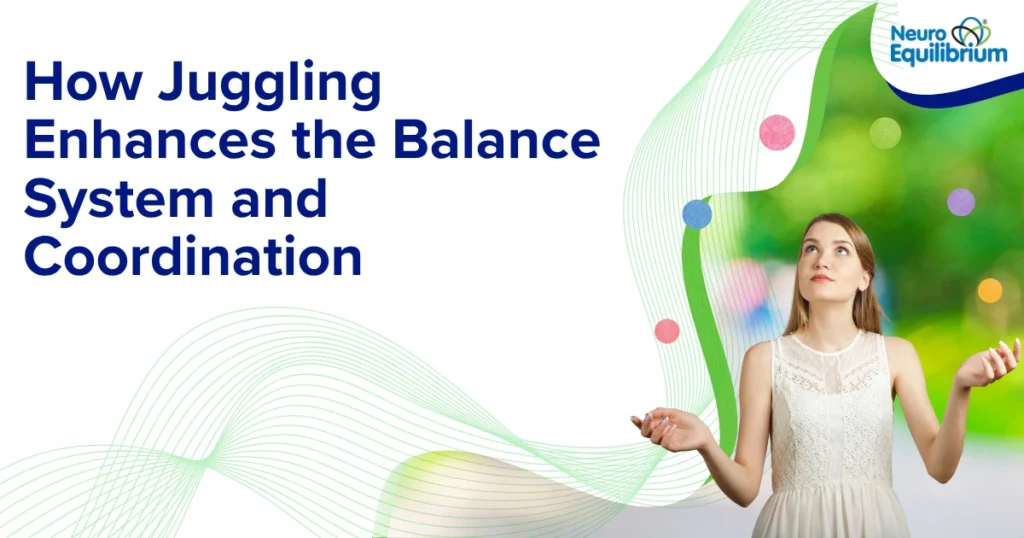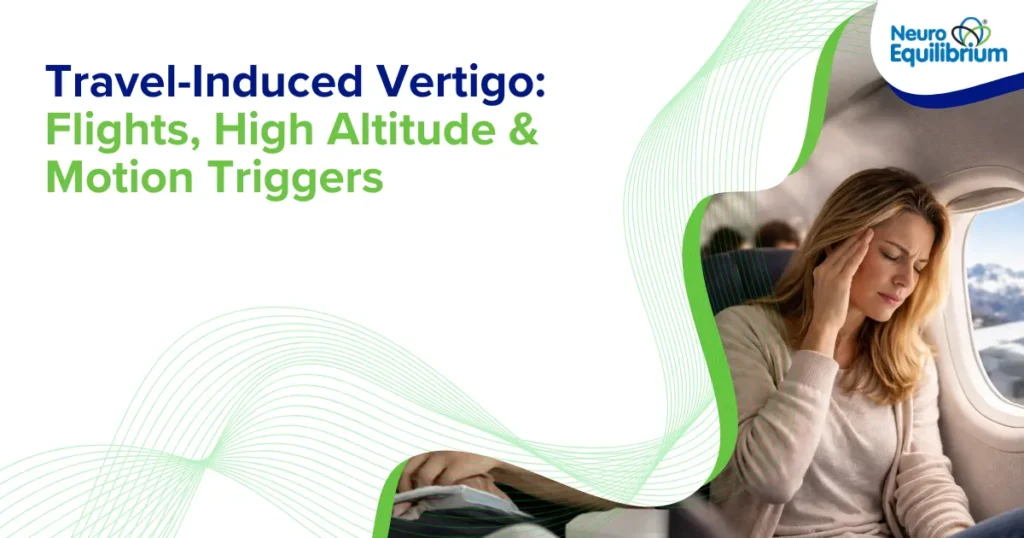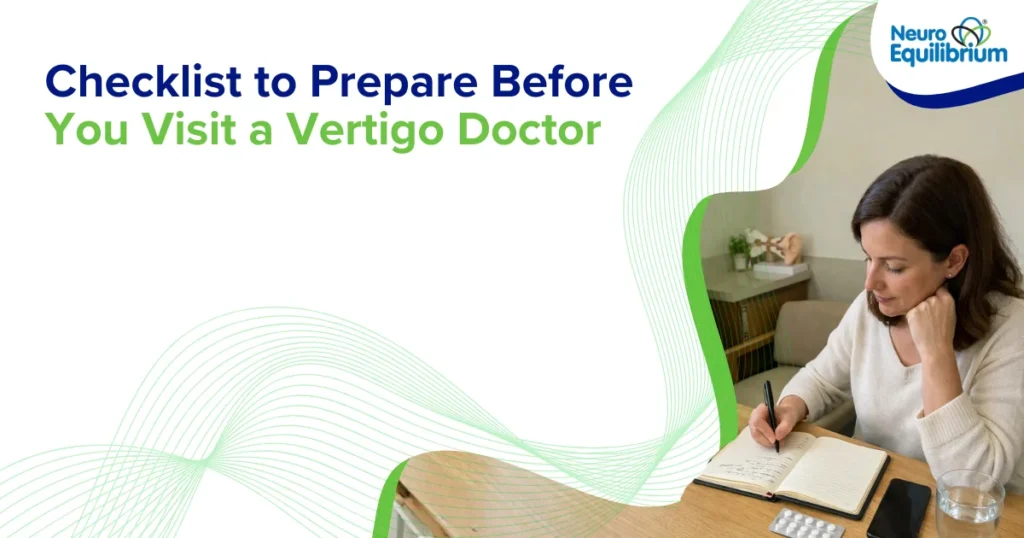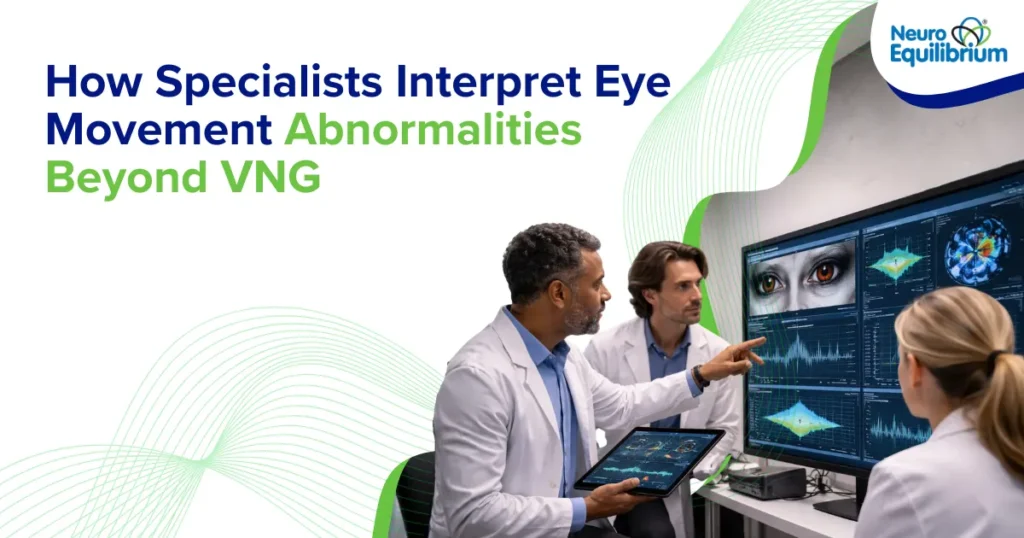As the world watched Wimbledon and saw top tennis players like Carlos Alcaraz in action, it was easy to notice his quick footwork and fast reactions on the grass courts. Although Alcaraz lost the Wimbledon final, he remains a star in the tennis world, impressing fans and experts alike with his talent and determination.
During his training, something surprising stood out to me: he practices juggling. Seeing Alcaraz juggle as part of his routine at Wimbledon was interesting. It is not just a fun activity, but also a helpful way to train the brain.
As a vestibular specialist, I know that juggling is more than just tossing balls in the air. It helps the brain and body work together by improving balance, eye tracking, body awareness, and coordination. In this post, I will try to explain how juggling can help improve balance, strengthen sensorimotor skills, and support brain changes. Juggling is useful not only for top athletes at Wimbledon but also for people who feel dizzy or unsteady and need vestibular rehabilitation.
Know More About Balance
- What is a VEMP Test? Exploring the Vestibular Evoked Myogenic Potentials Test for Balance Disorders
- Vertigo and Balance Disorders in Children
- The Invisible Enemy Inside Your Ear: Understanding Vertigo and Its Impact on Balance
1. Juggling Stimulates the Vestibulo-Ocular Reflex (VOR)
In juggling, tracking of moving objects is required. This continual eye tracking activates the vestibulo-ocular reflex (VOR), that keeps images fixed to the retina when the head moves. The VOR is conditioned to keep the visual focus as the head slightly moves to track the balls following the natural tendency of the head to move.
In patients with compromised VOR activity (e.g. after vestibular neuritis), juggling may serve as a dynamic VOR exercise, without the tediousness of conventional gaze stabilization training.
2. Enhances Proprioception and Sensorimotor Integration
Juggling requires your arms to move while your eyes and balance system work together at the same time. This teamwork helps your body learn to stay steady, especially if you have long-term balance problems.
For therapy, start with easy exercises using two balls. Then, slowly move on to harder ones to improve how your body and brain work together.
3. Improves Postural Control and Dynamic Balance
During juggling, the body continuously makes micro-adjustments to enable it to maintain balance, especially when juggling on the feet or walking. It is this constant posture adjustment that engages the brain, which are involved in the smooth motor control and balance.
4. Facilitates Bilateral Coordination and Brain Plasticity
Reaction time is the time elapsed between a given stimulus and a response. Simply, it is the speed at which your brain can notice that something has changed (e.g. a ball has dropped) and then provide a signal to your body to make it occur (e.g. reach out and grab the ball). It is an element of motor control which is particularly important in sports, driving, and any scenario involving prompt decision making.
How Juggling Improves Reaction Time and Balance
Juggling is more than just a pastime. It is a beneficial brain exercise that can help you become more responsive. When juggling, your hands instantly adapt to catch and throw, and your eyes follow the moving balls. This teaches your brain to react faster and process what you see. Your brain becomes more adept at anticipating the ball’s path with practice, enabling you to take quicker and more precise actions.
Additionally, juggling promotes cooperation between the two sides of the brain. It improves their relationship, which enhances their ability to think, make decisions, and move. Those recuperating from strokes, brain injuries, or balance issues will particularly benefit from this. Juggling aids in the formation of stronger and new neural pathways, which promotes brain healing.
A Simple Activity with Big Benefits
Juggling is easy to start and doesn’t need any special tools. It can improve your balance, coordination, and how well your brain and body work together. Whether you are recovering from a health issue or just want better control of your movements, juggling can make daily activities like walking or turning feel easier and safer.
How NeuroEquilibrium Can Help
At NeuroEquilibrium, we help people with vertigo, dizziness, and balance problems. Our team uses the latest tools to understand your condition and create a treatment plan made just for you. We may also include exercises like juggling to support your recovery.If you or someone you care about has trouble with balance, contact NeuroEquilibrium today. We are here to help you feel steady, confident, and in control again.
Sources
- Malik J., Główka N., Jelonek W., Maciaszek J. (2024). The effect of juggling on the proprioceptive and attentional abilities among older women. PMC. https://pmc.ncbi.nlm.nih.gov/articles/PMC11479956/ PMC
- Malik J., Stemplewski R., Maciaszek J. (2022). The Effect of Juggling as Dual-Task Activity on Human Neuroplasticity: A Systematic Review. International Journal of Environmental Research and Public Health. https://doi.org/10.3390/ijerph19127102 ResearchGate+1
- Johansen-Berg H., et al. (2009). Learning to juggle leads to changes in the white matter of the brain. Nature Neuroscience / Oxford University study. University of Oxford
- “Does juggling exercise your brain?” HowStuffWorks. September 15, 2023. https://entertainment.howstuffworks.com/leisure/brain-games/juggling-exercise-brain.htm HowStuffWorks
- “Juggling: One Skill All Athletes Can Benefit From.” Simplifaster. https://simplifaster.com/articles/juggling-skill-athlete-benefits/ SimpliFaster
- “The Effect of Juggling as a Dual-Task Activity on Human Neuroplasticity.” Frontiers in Public Health. (2024) https://www.frontiersin.org/journals/public-health/articles/10.3389/fpubh.2024.1386981/full Frontiers
- “Juggling and Mental Health – Brain Training With Dan.” BrainTrainingWithDan.com. https://www.braintrainingwithdan.com/juggling-and-mental-health/ braintrainingwithdan.com
FAQs
How does juggling help improve balance and coordination?
The vestibular system is stimulated by juggling; your body’s ability to sense its position is improved, and balance is fine-tuned by making small constant adjustments while combining different senses.
Book a consultation at your nearest NeuroEquilibrium Clinic today.
Can juggling support recovery from dizziness or vestibular disorders?
Yes, juggling can train the vestibulo-ocular reflex (VOR) and aid in neuroplastic recovery for patients with vestibular dysfunction like neuritis or BPPV.
Book a consultation at your nearest NeuroEquilibrium Clinic today.
Is juggling effective as part of vestibular rehabilitation?
Absolutely. It provides dynamic VOR training, balance training, and brain-body coordination, which makes rehab more interesting and holistic.
Book a consultation at your nearest NeuroEquilibrium Clinic today.
Does juggling improve reaction time?
Yes, juggling helps improve how well you follow moving objects with your eyes, predict what will happen next, and react faster. These skills are key for quick thinking and mental agility.
Book a consultation at your nearest NeuroEquilibrium Clinic today.
Can anyone learn to juggle for vestibular therapy?
Yes, with guidance and gradual progression, even beginners can use simple juggling drills safely to support vestibular and cognitive-motor training.
Book a consultation at your nearest NeuroEquilibrium Clinic today.
















